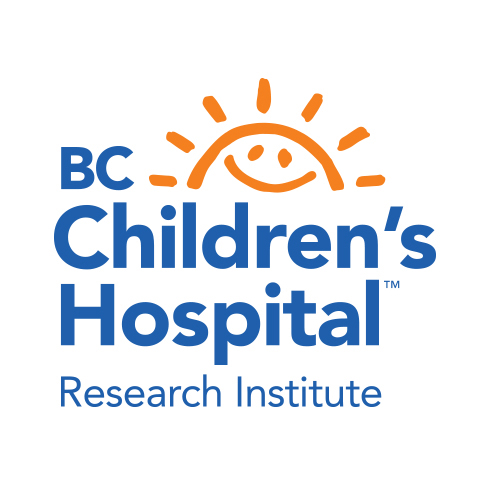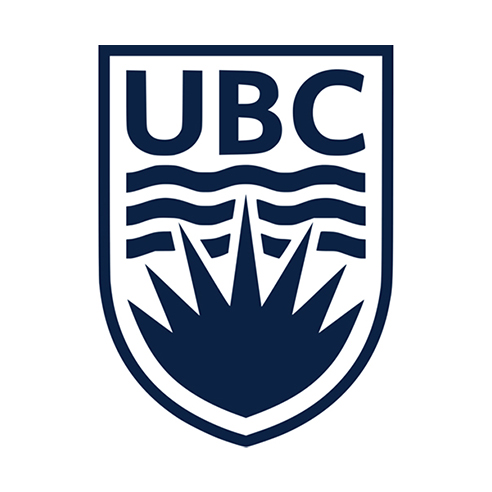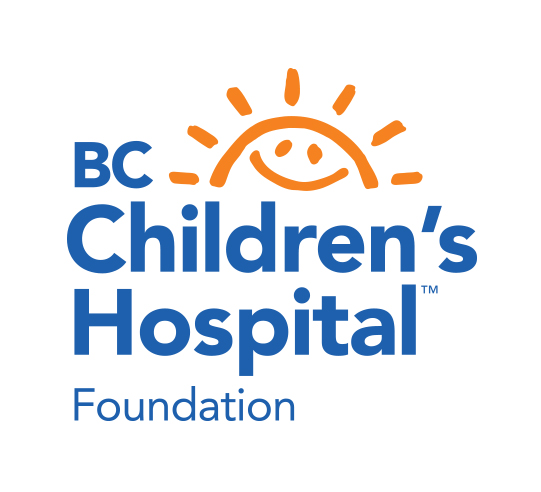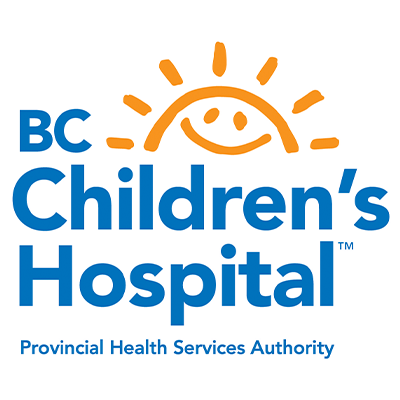Thriving Families Program (TFP) at BC Children's Hospital Allergy Clinic
The Thriving Families Program (TFP) at BC Children’s Hospital Allergy Clinic is a pilot program offering supportive education and skills-building therapy to families managing allergies. Families referred to the program will meet with the program physician for an initial virtual intake appointment to help form a plan of support that is tailored to your family’s needs. In the beginning phase of this program, all families of children & adolescents with food allergy seen at the allergy clinic are being offered a one-time virtual appointment for a parent or primary caregiver to meet with the TFP physician.
If families are needing further follow-up and if there is appointment availability, families will be able to choose from the following options (all virtual currently):
- Parent-only sessions
- Youth-only sessions
- Family sessions (parent and child/youth)
- Group sessions
Our hope is that this program will help empower families to reach their goals in more skillfully managing allergies, including growing in confidence in trying new things (e.g., new foods, travel, oral immunotherapy/sublingual immunotherapy, etc.).
Please click on the buttons below for information on an optional research study for BCCH Allergy Clinic families with a child or adolescent with food allergy, called the Impairment Measure for Parental Food Allergy-Associated Anxiety and Coping Tool (IMPAACT) Clinical Validation Study:
IMPAACT Clinical Validation Study Invitation Letter
Read-Only - Electronic Consent Form for IMPAACT Clinical Validation Study
(This link provides a “read-only” version of the electronic consent form so that families can read this version before an appointment and ask questions of their allergist or a research team member. For families who wish to participate in the study, please open the IMPAACT Clinical Validation Study Invitation Letter PDF document above and click on the link to electronic consent that is found in this letter.)
Further resources for study participants:
FAQs
1. Will these sessions be in person or virtual?
Currently, sessions are only virtual (by Zoom).
2. Can I discuss my concerns privately with the doctor without my child/teenager present?
Yes, you can choose to have parent-only appointments.
3. What types of skills can I learn through this program?
The program physician is a family physician with experience in managing allergies and with training in Cognitve Behavioural Therapy (CBT) and Dialectical Behaviour Therapy (DBT). CBT and DBT skills can be very helpful in dealing with stressful circumstances, and our hope is that families will find these skills empower them to move forward with greater confidence in managing their allergies and with family life overall. Parents who join the program will also have the opportunity to learn parenting skills and strategies.
4. How many sessions will I need to attend?
The number of sessions will be determined by the TFP physician in consultation with your family, and will be dependent on the needs of the various family members.
5. Will the program physician be able to give me advice on allergy management for my child? What types of questions can I ask this doctor?
While the program physician has experience in managing allergies and has an understanding of immunotherapy, the doctor’s role in this TFP program is as a therapist who is teaching skills and providing counselling, and specific questions regarding your child’s medical and allergy care should instead be asked to your own family physician or to your allergist. For example, if a family is trying to decide whether to start or continue immunotherapy, specific questions regarding treatment options (e.g., which allergens will be treated, timing and length of treatment, risks/benefits of treatment) should be directed to your allergist. Once a family is clear on what the options are, the TFP physician can help support a family as they navigate making a decision on these options, or with supporting parents who want to help their child manage the stressful parts of immunotherapy.
6. What types of issues can I get help with from this clinic?
Families are welcome to bring any issue that involves food allergies and stress or anxiety related to managing them. Common reasons that a family might be seeking help might include:
- Parent or child/youth wanting to start immunotherapy but unsure if it will be too stressful for parents, child/youth, or both
- Having difficulty with continuing with immunotherapy due to stress surrounding this
- Stress related to allergy appointment, bloodtests, skin tests, oral food challenge
- Parent or child/youth wanting to try new activities but feeling the stress of this makes it easier to avoid new food, eating at new restaurants, school trip, overnight activities, family travel, new caregivers/babysitters, for example
- Anxiety regarding Epipen use
- Teenager avoidance of carrying an Epipen
- Managing stress after an accidental exposure/allergic reaction, or ER visit
- Managing allergies in life transitions (e.g., transition from highschool to post-secondary)
7. How do I book an appointment?
To request an appointment, please email foodimmunotherapy@bcchr.ca and we will forward the request to your allergist for approval.



